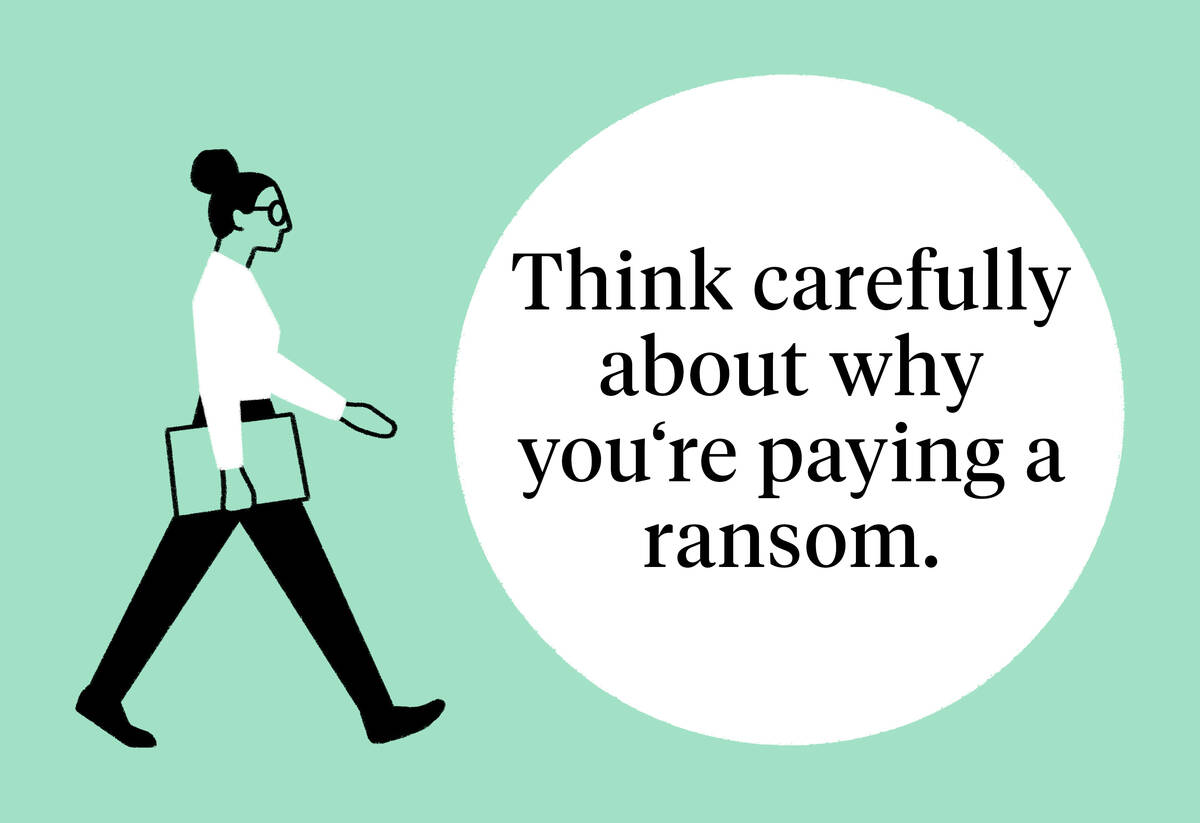Featured Faculty
Senior Fellow and Adjunct Professor in the Kellogg Executive Leadership Institute

Cyber criminals are always changing their strategies to permeate even the most sophisticated network barricades. Which means that, even though you’ve taken all the recommended precautions around cybersecurity, there’s a nonzero chance they’ll still find a way in.
When that happens, there’s no time to spare. You have to act, according to former National Security Agency Director Adm. Michael Rogers, who is currently a senior fellow and adjunct professor at the Kellogg School of Management.
“In the middle of a cyber crisis … look, you are going to have to get used to the idea that you’re going to have to make decisions with incomplete and often conflicting information,” Rogers said.
In part two of our two-episode special about cybersecurity, The Insightful Leader hears what leaders can do when all their defenses fail and their network is breached. (You can find episode one, which covers preventative measures, here.)
Note: The Insightful Leader is produced for the ear and not meant to be read as a transcript. We encourage you to listen to the audio version above. However, a transcript of this episode is available here.